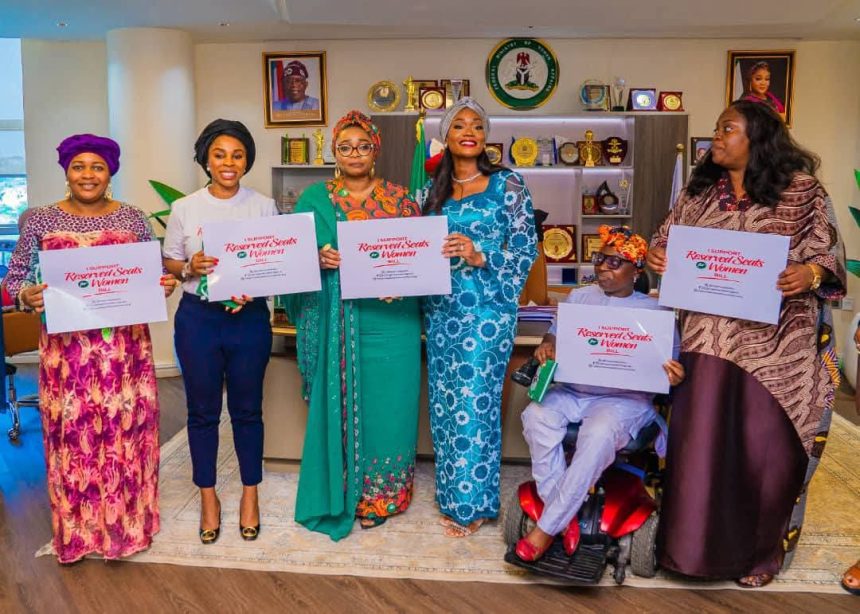A renewed call has been made for the passage of the Reserved Seats for Women Bill (RSWB) as advocates stress the importance of gender-inclusive governance in Nigeria’s democratic evolution.
Speaking on behalf of the Reserved Seats for Women Bill Coalition, Ms. Fakuta Hyellagiziya Naiwa, Coordinator for the North East Zone, described the Bill as a bold step toward achieving fair political representation and fostering national development. She highlighted the stark underrepresentation of women in Nigeria’s National Assembly, where women currently occupy less than 5% of seats.
The proposed legislation seeks to address this imbalance by creating 74 additional seats exclusively for women — one seat per state and the Federal Capital Territory in both the Senate and House of Representatives. This initiative aims to amplify women’s voices in national policymaking and ensure more inclusive and equitable decision-making processes.
“This Bill is not just about women; it is about deepening our democracy and recognizing the invaluable role women play in building healthier, safer, and more prosperous communities,” Ms. Naiwa said.
She issued a passionate appeal to all sectors of society to rally behind the Bill:
To lawmakers, she urged them to sponsor and support the Bill, saying their legacy could be defined by a commitment to fairness and inclusion.
To traditional and community leaders, she encouraged the use of their influential platforms to educate the public about the benefits of the proposed legislation.
To civic groups, youth organizations, and everyday Nigerians, she called for nationwide mobilization and advocacy, both online and offline, to ensure the Bill is passed into law.
Ms. Naiwa emphasized that the campaign should not be viewed solely as a women’s issue, but as a national imperative for sustainable development and democratic integrity.
“This is our moment to lead by example — to show the world that Nigeria is ready for a democracy that reflects the voices and aspirations of all its people,” she stated.
The Reserved Seats for Women Bill, if passed, will mark a historic shift in Nigeria’s political landscape and set a precedent for inclusive governance across Africa.







